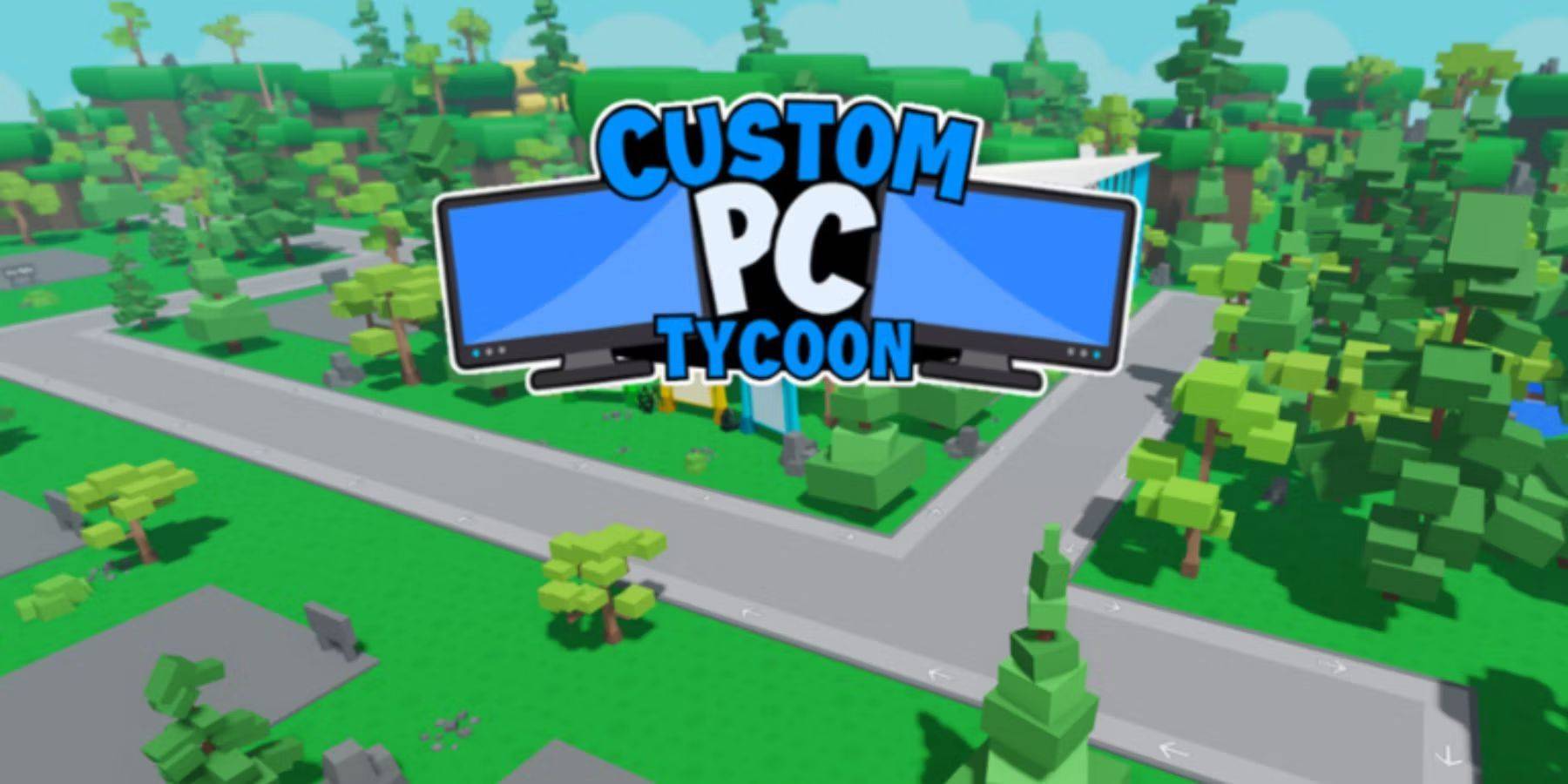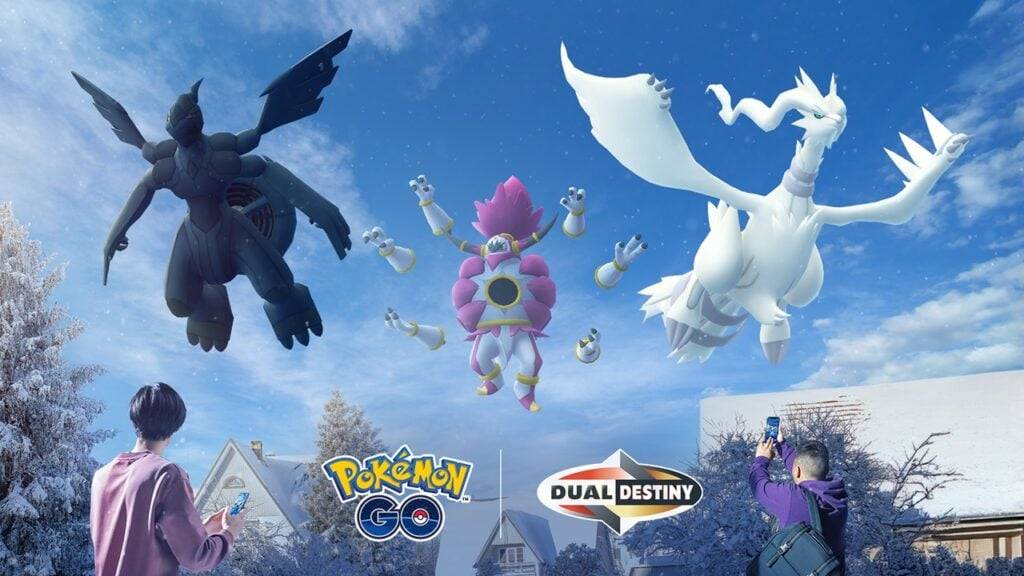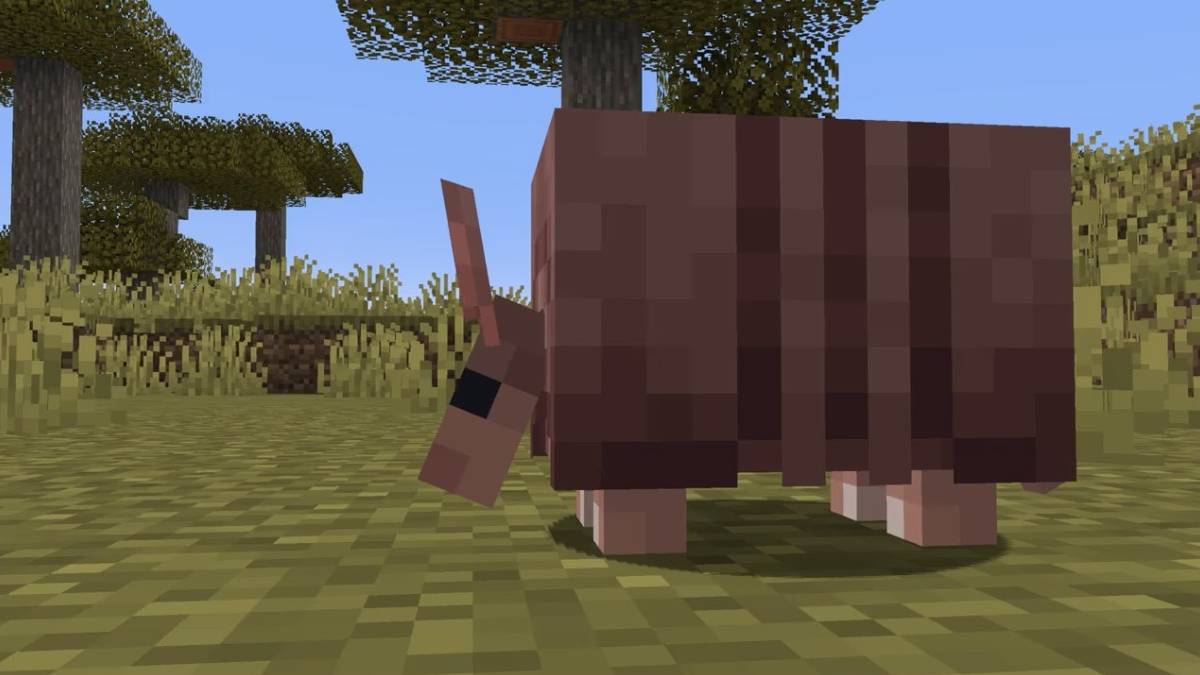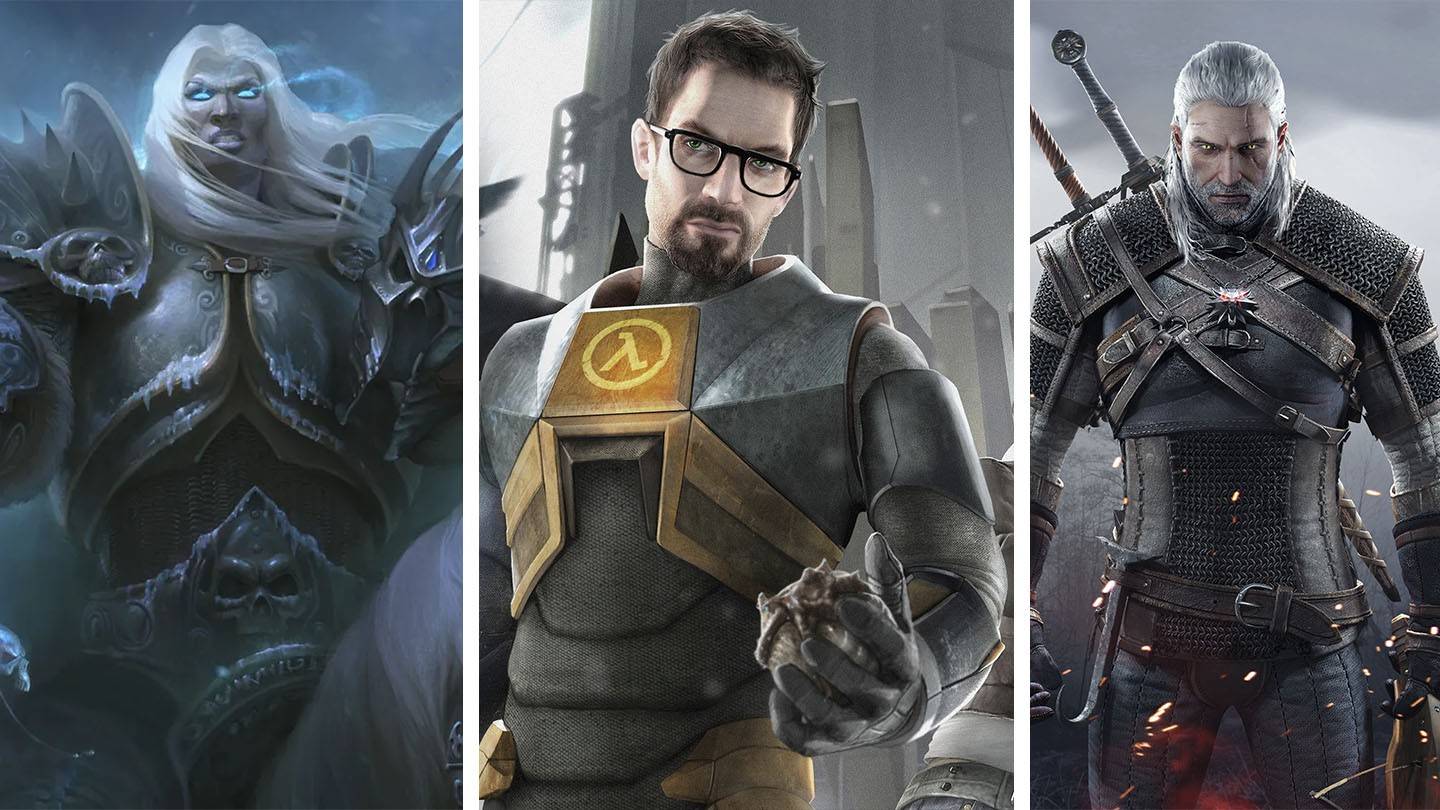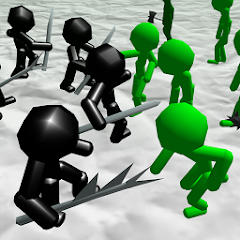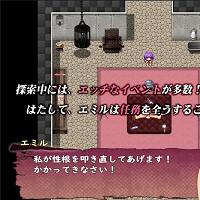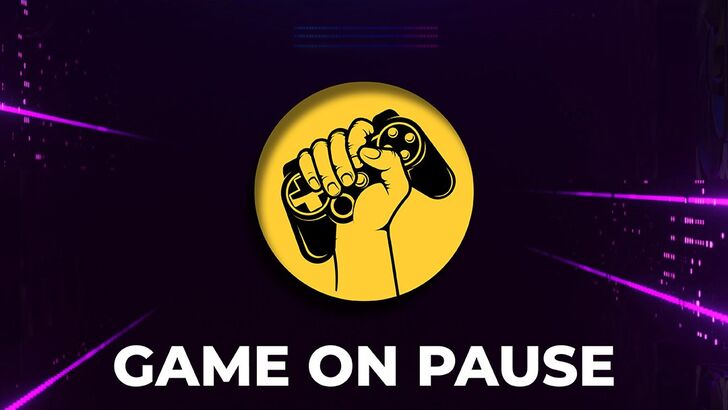
The gaming industry faces potential upheaval as SAG-AFTRA, the union representing voice actors and performance artists, has authorized a strike against major video game companies. This action highlights a crucial battle over fair labor practices and the ethical implications of artificial intelligence in the industry.
SAG-AFTRA Authorizes Strike Against Video Game Companies
SAG-AFTRA's Press Release
On July 20th, the SAG-AFTRA National Board unanimously authorized its National Executive Director & Chief Negotiator to call a strike if necessary. This strike would impact all services under the Interactive Media Agreement (IMA), halting work by all SAG-AFTRA members on affected projects. The central issue is securing robust AI protections for video game performers.
National Executive Director & Chief Negotiator Duncan Crabtree-Ireland stated, "Our resolve is unwavering. Our membership overwhelmingly voted to authorize a strike unless employers negotiate a deal including critical provisions, especially concerning AI. We stand firm in our commitment to our members whose exceptional performances are vital to the world's most popular video games. Time is running out for the companies to reach a fair agreement."
Key Issues and Industry Impact
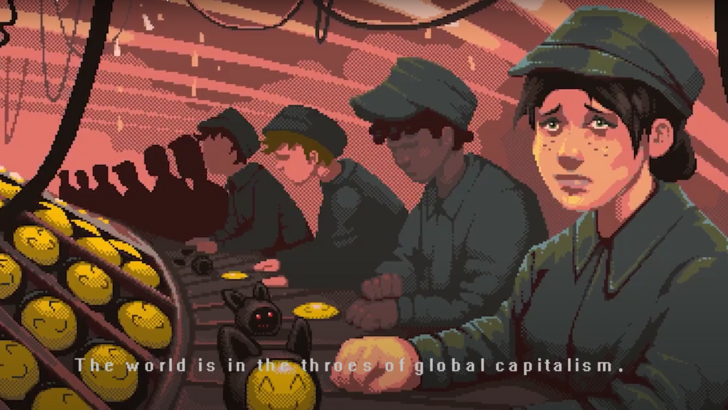
The potential strike stems from concerns about the unregulated use of AI in voice acting and performance capture. Currently, there are no safeguards protecting actors from AI replication of their work. SAG-AFTRA members advocate for fair compensation for their performances, and clear guidelines and compensation for AI usage of their likenesses, even if they consent.
Beyond AI, SAG-AFTRA seeks wage increases reflecting inflation—11% retroactively and 4% increases in subsequent years. They also demand improved on-set safety measures for on-camera and stunt performers, including mandatory rest periods, on-site medics during hazardous work, vocal stress protections, and eliminating stunt requirements in self-taped auditions.
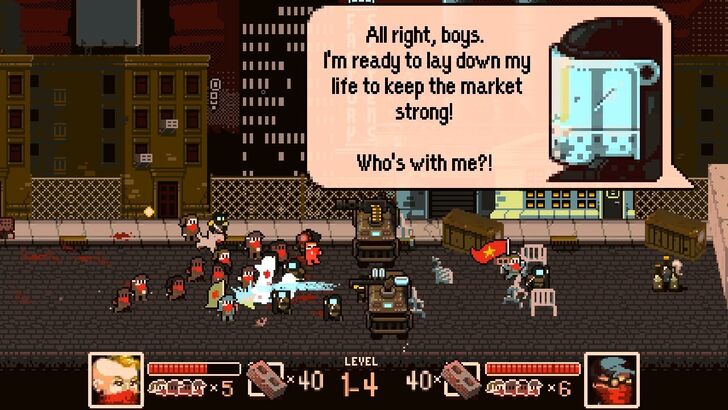
A strike could disrupt video game production, though the extent is uncertain. Unlike film and television, video game development spans years. While a strike might slow development phases, the impact on release dates remains unclear.
Companies Involved and Their Positions
The potential strike targets ten major companies:
- Activision Productions Inc.
- Blindlight LLC
- Disney Character Voices Inc.
- Electronic Arts Productions Inc.
- Epic Games, Inc.
- Formosa Interactive LLC
- Insomniac Games Inc.
- Take 2 Productions Inc.
- VoiceWorks Productions Inc.
- WB Games Inc.
Epic Games publicly supports SAG-AFTRA's position, with CEO Tim Sweeney tweeting support for the union's view that game companies shouldn't obtain generative AI voice training rights from recording sessions. Other companies haven't yet issued public statements.
Negotiation History

This conflict began in September 2023 when SAG-AFTRA sought member authorization for a strike before contract negotiations. The vote overwhelmingly favored authorization (98.32%). Negotiations have since stalled, despite an extension of the previous contract (expiring November 2022).
This current dispute follows a 2016 strike lasting 340 days, focusing on base pay, health and safety, and residuals. While that strike ended with a compromise, many union members felt dissatisfied.
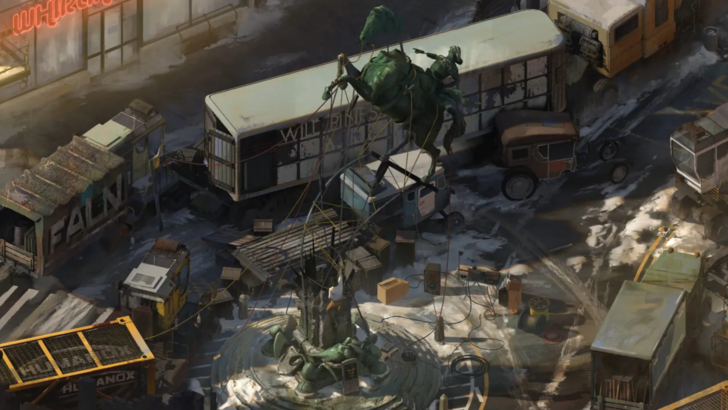
In January 2024, SAG-AFTRA faced criticism over a deal with Replica Studios, an AI voice provider. This agreement, allowing members to license voices to AI, fueled internal union tension over AI's role in performance capture.
SAG-AFTRA's strike authorization is a pivotal moment in the fight for fair labor practices in gaming. The outcome will significantly impact AI's use in performance capture and the treatment of video game performers. With rapid AI development, protecting individuals and ensuring AI enhances, not replaces, human creativity is paramount. The potential strike underscores the urgent need for a resolution addressing the union's concerns.

 Latest Downloads
Latest Downloads
 Downlaod
Downlaod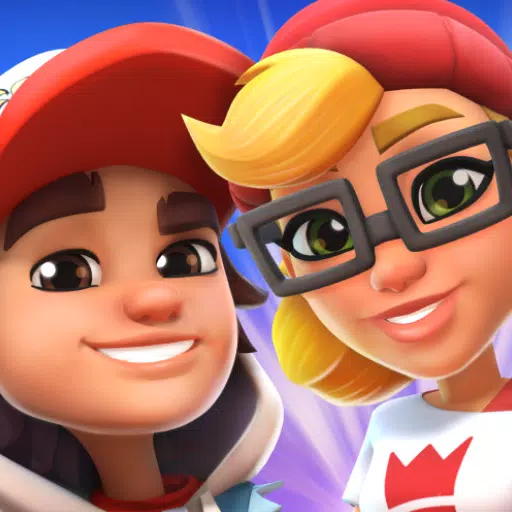




 Top News
Top News